Black Lightning Producer Mara Brock Akil: “White Men Never Really Have To Promote Theirselves So They Can Keep Relevant In This Industry”
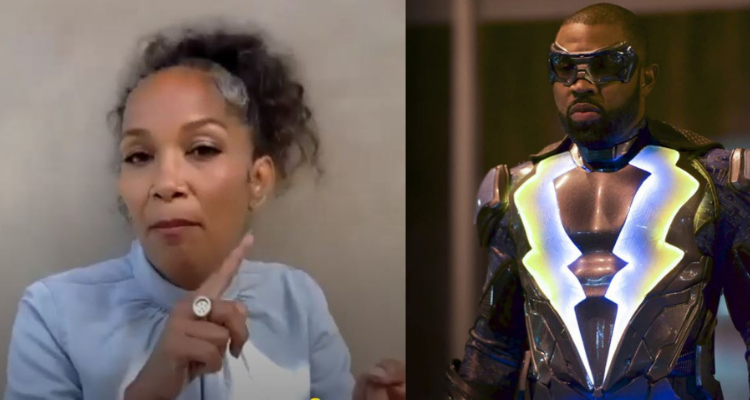
Black Lightning producer Mara Brock Akil recently appeared on Variety’s Power of Women: Conversations presented by Lifetime panel where she claimed that “white men never really have to promote theirselves so they can keep relevant in this industry.”
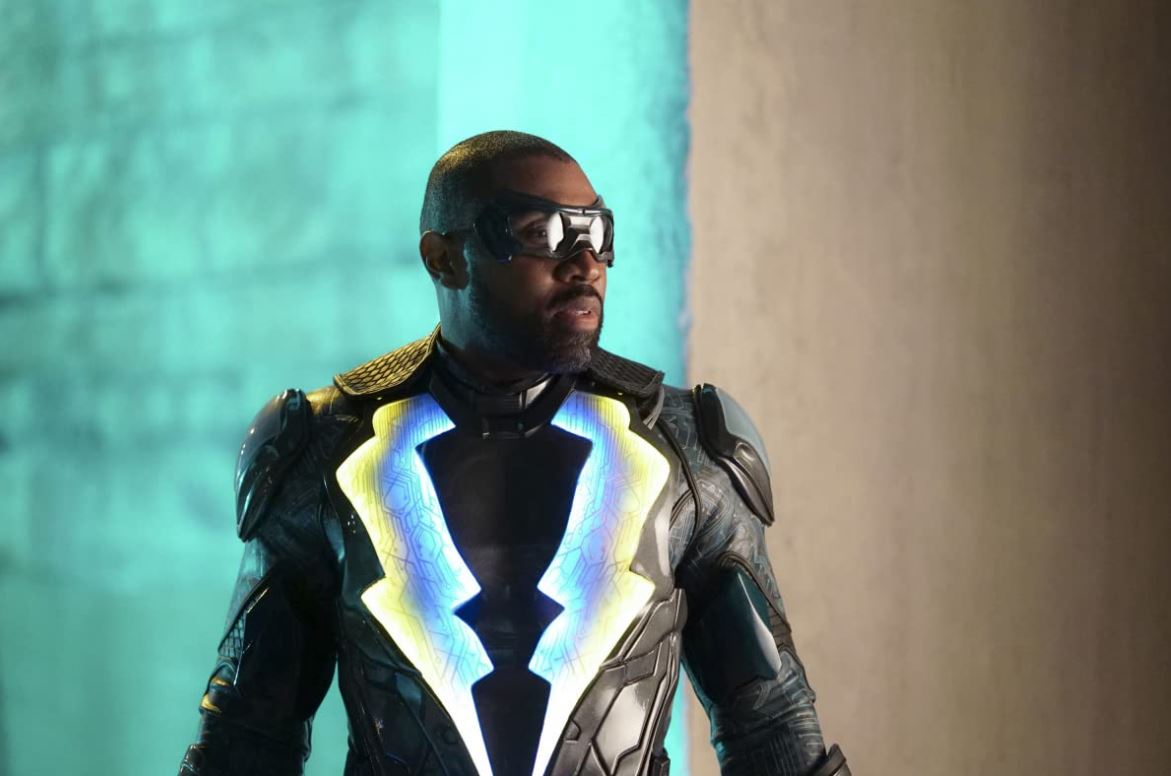
Variety’s Power of Women: Conversations presented by Lifetime panel included Lena Waithe, Gina Prince-Bythewood, Rashida Jones, Yara Shahidi, and Mara Brock Akil.
About a third of the way through the panel, Grown-ish actress Yara Shahidi, who will play Tinkerbell in Disney’s upcoming live-action Peter Pan film states, “It makes me think about the events of this year. Who society allows to be an outlier. It feels generally we run on outliers and we succeed because of outliers and that category has really been handed off to white men. And then I think there is definitely a hierarchy of who it is handed to next.”
#REPRESENT: @YaraShahidi says one of the ills of white supremacy is it “takes away our ability to be genuinely imaginative” | Variety #PowerOfWomen: Conversations presented by @lifetimetv https://t.co/tG6Pg8wy23 pic.twitter.com/cVUw0kRzn0
— Variety (@Variety) October 28, 2020
“And very rarely is society comfortable with black women being outliers, which is really just to say black women being individuals. I don’t know if they’ve held that to be like, ‘Oh you don’t fit into what I imagine you to be,” she continued.
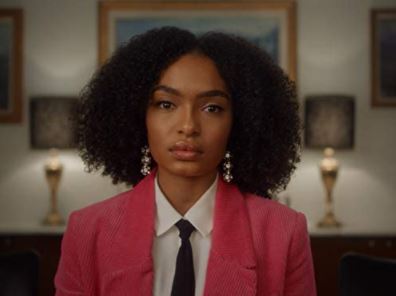
Shahidi would then comment on Sir Isaac Newton, “And it sounds so random, but the one thing [inaudible] is how bored Sir Isaac Newton had to be to come up with calculus. And the reason I bring it up is like you have to be so unburdened in life, so free of obstacles to be able to reflect on that.”
“And what this summer has proven in every sector including entertainment is that one of the ills of white supremacy is it takes away our ability to be genuinely imaginative. And still I think proof of this panel is that you still manage to be. But if you think how often our potential is cut short, not because we don’t have the ability, but because it takes so much to get through a day. To maneuver just the ability of what it means to be on set, what it means to fight for equity,” the Black-ish actor stated.
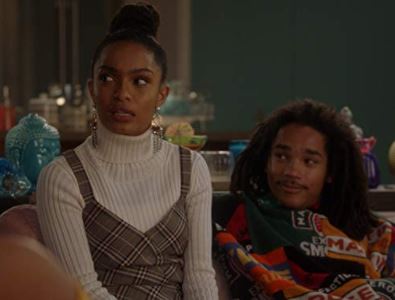
She went on, “You don’t have the same time and space to just go reflect on what’s the randomest dream you want to see fulfilled. And I think that’s something that we’re constantly fighting for in these images of black women. Not only that we are participating in, but that the other women were saying, but it’s important to push forward.”
“Well, let us live in the most random versions of ourselves. I’m such a nerd. And I think people are genuinely, usually surprised by a darker sense of humor because you’ve seen me on Grown-ish and such. But the amount of times where there has to be reset because you walk into expectations of yourself and you almost run into them and you are like ‘oh oh oh wait! let me clarify, this is not all that I am.'”
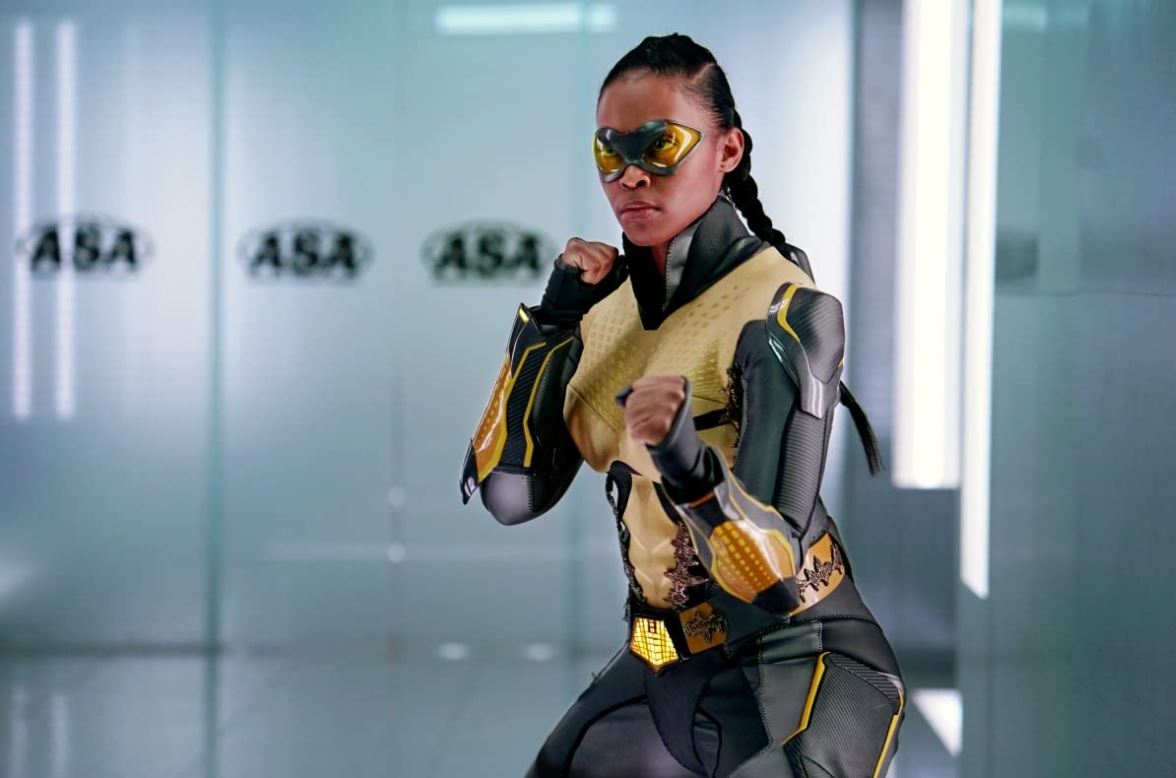
Akil responds to Shahidi’s comments saying, “Right now, like it’s interesting, white men never really have to promote theirselves so they can keep relevant in this industry.”
She continues, “Specifically this. Making the decision to say yes to this panel. I had to give it real thought. Because if I am up here sort of keeping the conversation going, which is relevant so we can get Hollywood to hear so we can add more value to us and thus even more specifically as an individual stay relevant and stay valuable in our careers.”
“The hair, makeup, time, thought, what am I going to say, what do I want to promote, getting here, talking to you guys, taking me out of the rhythm of the day. I, technically, am not creating. So the slivers of time in which I catch and craft my ideas,” she went on.
Akil then stated, “And I think about this. I have been able to build this career in the slivers of opportunities that I have to exist also as a mother, as a wife, as a daughter, as a black woman in America, as a mother raising black boys in America. All of those slivers, I have created all of this. And I think sometimes, ‘Wow I have done this playing small, if I had the fullness of my life what would my imagination do?'”
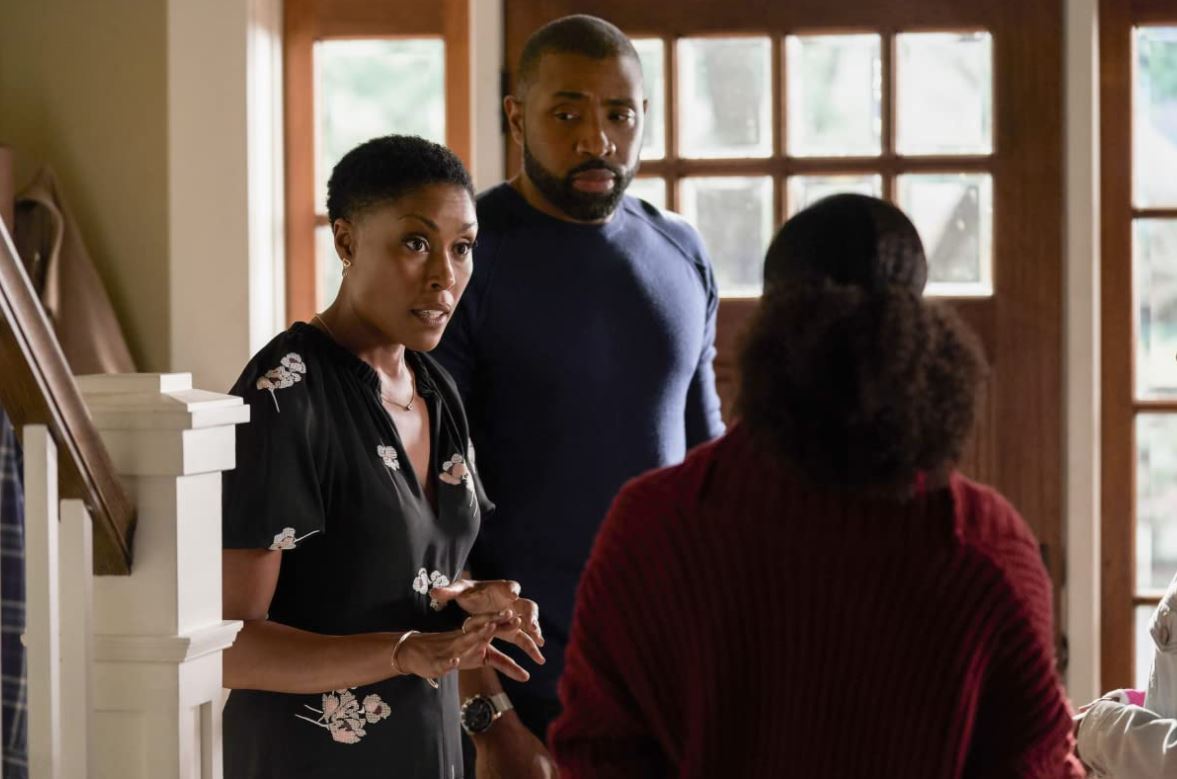
Akil continued, And then let’s take away imagination. If I had the resources to just, ‘Hey, I want to do this’ and not spend so much of my time trying to convince you why I have to do it versus ‘Hey, can I just write the script?’ Can I just get to work?'”
Related: J.J. Abrams’ Bad Robot Shares Employee Guide For “Dismantling White Supremacy At Work”
“That privilege, it’s not there yet. I’ve had it one time. And I had it with Being Mary Jane. A black woman, I sat across from Loretha Jones and she said yes. And I wrote Being Mary Jane in two weeks, and we were up and running, and the rest is history,” she stated.
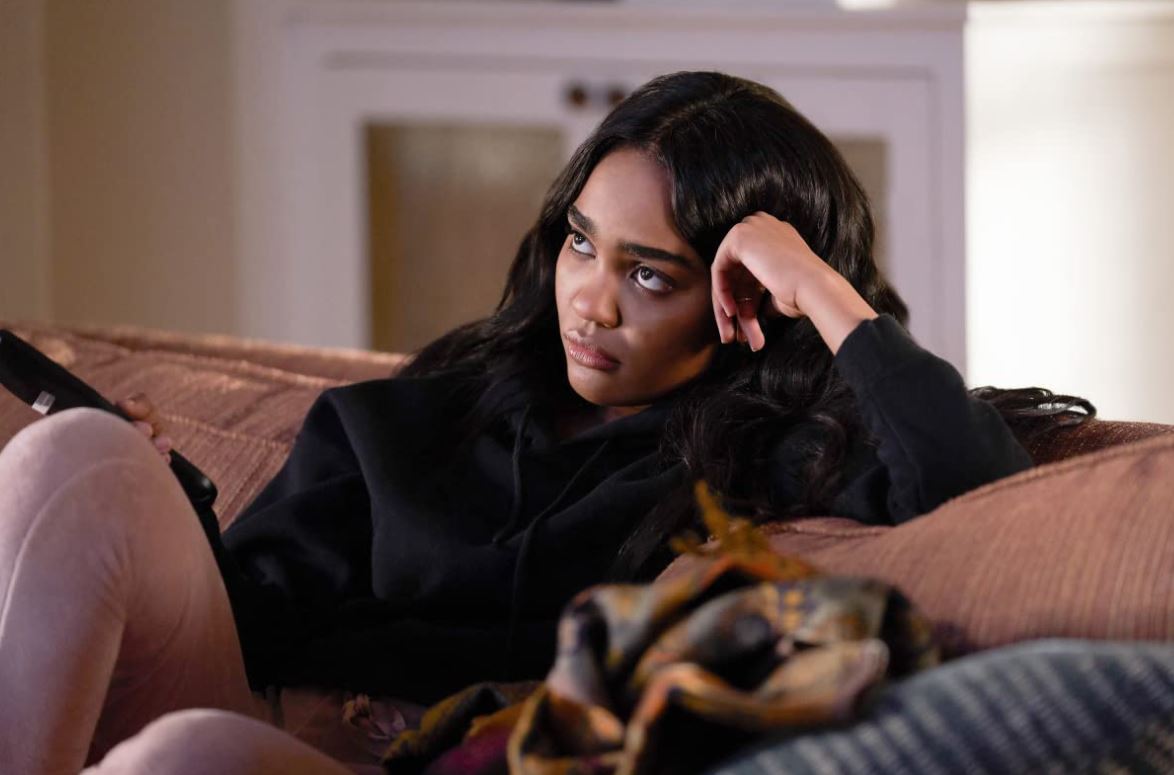
The Black Lightning producer then went on, “This is where the drip and the drainage of our resources are. It’s the silent killer to not only us in our industry but to us as black people in America.”
She then provided an example, using her own brother, “I recently lost my brother. God rest his soul. And the thing I’ve been thinking about is the privilege to even mourn. That there is a privilege to mourn. And I am thankful to Netflix to hey give me a minute to get myself together; I need to get myself together.”
“But so many people in this world do not have the privilege to mourn. So we have to be productive on all that pain. When we talk about privilege, we talk about so many areas of privilege beyond just an opportunity to create. Even getting on that set or getting in that place, there are so many things that are taken away from you that you still have to operate on,” Akil said.
Akil then stated, “We don’t have the full imagination of ourselves, the full resources of ourselves. Yet we have been making strides, so I do want to be careful when we say, ‘This is the year of the black woman.’ It’s like we are still here in the slivers of what’s still is available to us. And I’m grateful there is more.”
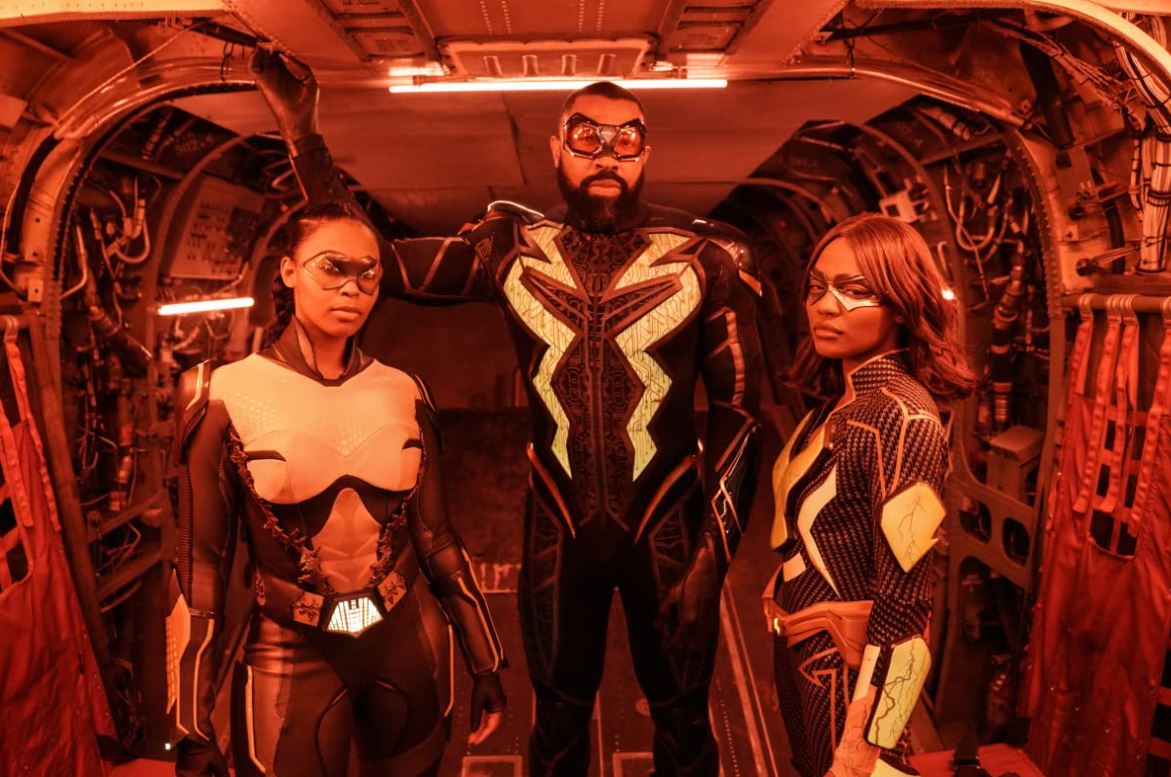
Parks and Recreation actor Rashida Jones would then interject, “Can I say one thing. That is incredible and thank you so much for sharing that both of you.”
Rashida Jones: “There is a deeply embedded and deeply dangerous narrative about Black women in this country, and there always has been” | Variety #PowerOfWomen: Conversations presented by @lifetimetv https://t.co/tG6Pg8wy23 pic.twitter.com/7NjV9iMwbY
— Variety (@Variety) October 28, 2020
Jones continued, “I just want to say, this has been, this year politically, culturally, an awakening for a lot of people, where they saw a lot of stuff that they didn’t see before. And within that they are sort of wrestling with their own anti-racism and blah, blah, blah, whatever their racism.”
She added, “There is a deep and deeply embedded and deeply dangerous narrative about black women in this country and there always has been since the creation of this country. This has to be the time when we dismantle that in the same way that racism has been dismantled.”
Jones then stated, “Because it is its own narrative and its specific to black women and girls and the quicker we get to really understanding the expectations and the oppressions that are very specific to black women and girls the closer we get to you being able to create what you need to create without all of that burden. I just put that out there as a call to arms and action.”
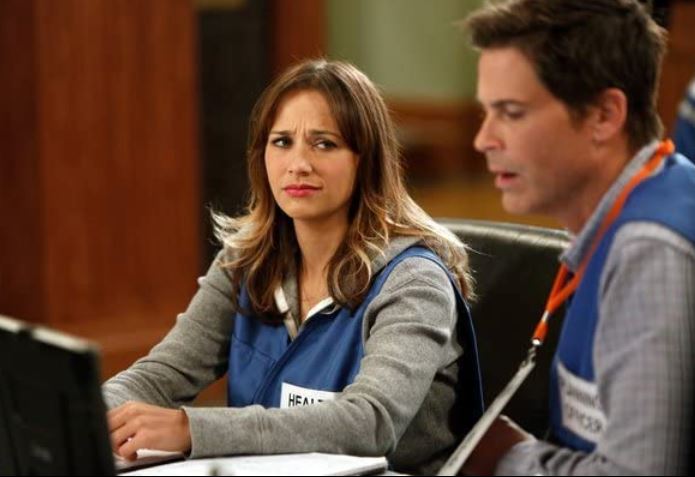
Earlier in the panel, Jones would also talk about representation and why it matters.
She explained, “People always use that phrase ‘representation matters’ and you don’t really talk about what that really means. And representation is not like, ‘Let’s make sure that black people look this particular way in an outward facing way. And let’s not get into all the other stuff because we want to make sure that representation is really positive or really aspirational or really inspirational.'”
Jones said, “And to me that is a huge mistake because our growth as a community is so dependent on filling in every single possible degree in the spectrum so that when you are talking about experience, talking about a black experience, you can’t decide that this is the black experience, that’s the black experience, this is a black person, that’s a black person. It’s the whole thing has to be filled in.”
“So as far as I am concerned, forget about the quality of the content, whatever it is, if you have a show on the air that is about a morally compromised, rich black family that is just as important as someone who is fighting for justice and uplifting their community, because we are filling in the whole spectrum so that people can’t decide anything about black people as a whole.”
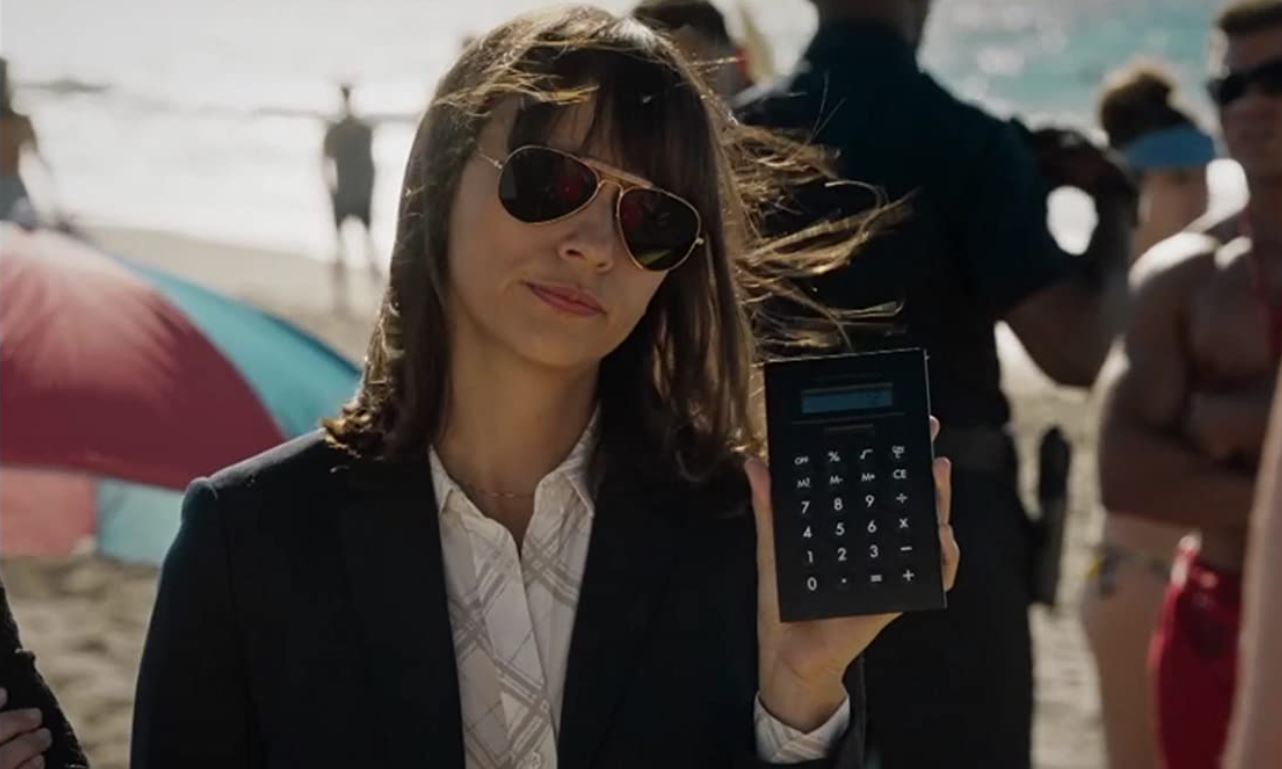
Following up on Jones’ comments, Netflix’s The Old Guard director Gina Prince-Bythewood would go on to claim “one of the most damaging things that Hollywood has done is not just the images that it has put out, and it has been so limiting because so few of us have gotten that opportunity to be in a position to create content and characters, but it’s the erasure, and absolutely the erasure of black women.”
#REPRESENT: @GPBmadeit says one of the most damaging things that Hollywood has done is erasing Black women, and how she told producers that they needed to fight for Black women | Variety #PowerOfWomen: Conversations presented by @lifetimetv https://t.co/tG6Pg8O8TB pic.twitter.com/m2pTZONH9j
— Variety (@Variety) October 28, 2020
What do you make of the comments by Black Lightning producer Mara Brock Akil, Yara Shahidi, Rashida Jones, and Gina Prince-Bythewood?
More About:Celebrity
